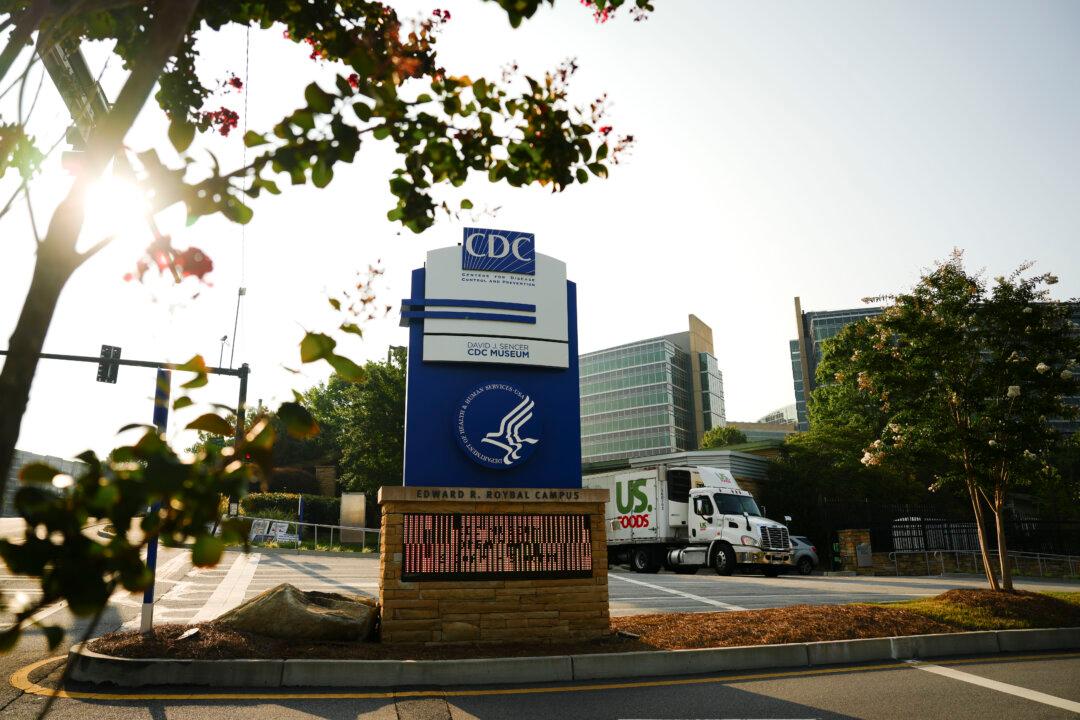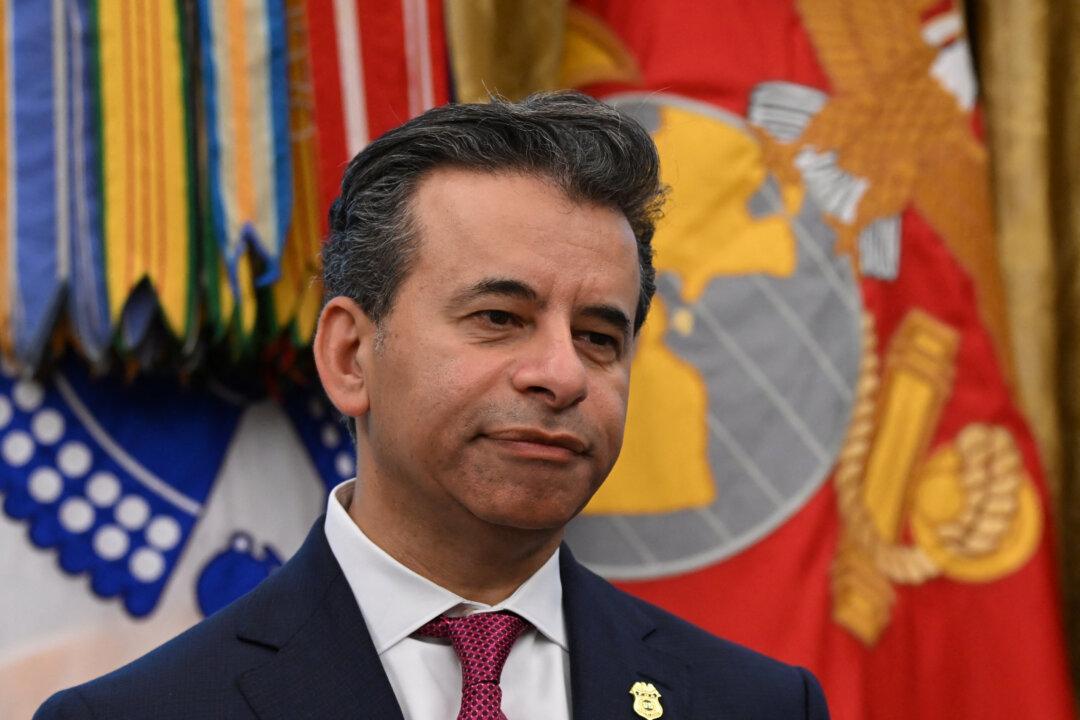Health Secretary Robert F. Kennedy Jr. has chosen eight new members for the panel that advises the Centers for Disease Control and Prevention on vaccines.
“All of these individuals are committed to evidence-based medicine, gold-standard science, and common sense. They have each committed to demanding definitive safety and efficacy data before making any new vaccine recommendations,” he said in a statement.
- Martin Kulldorff, an epidemiologist and biostatistician who helped found Hillsdale College’s Academy for Science and Freedom and who holds a PhD in operations research.
- Retsef Levi, a professor of operations management at the Massachusetts Institute of Technology’s Sloan School of Management who holds a PhD in operations research.
- Dr. James Pagano, an emergency medicine doctor.
- Vicky Pebsworth, who holds a PhD in public health and nursing, and is a regional director of the National Association of Catholic Nurses.
- Dr. Michael Ross, a clinical professor of obstetrics and gynecology at George Washington University and Virginia Commonwealth University.
“The Committee will no longer function as a rubber stamp for industry profit-taking agendas,” Kennedy said in a statement at the time.
The ACIP is a panel convened by the CDC to offer advice about vaccines, including childhood and adult immunization schedules.
New Member Offers View
Levi told The Epoch Times that while he believes the outgoing ACIP panelists “applied their best judgment and did it with the very best of intentions and based on very deep expertise,” the secretary’s reforms are based on “a broader sentiment that the process by which we evaluate the safety and benefits of drugs, and specifically vaccines, can be improved and can be more transparent and also more trustworthy by the public.”He added that he views the role of ACIP members as “giving advice based on their best judgment.”
“The advice might not be uniform, the advice might be nuanced and might be diverse. And then there are decision-makers and policy-makers that take the responsibility, and they will have to make their best judgment based on the opinions that they hear and the data that they see—they will have to make decisions,” he said.
“I think that scientists should stay in the role of analyzing the science and reflecting what the science suggests. And the same scientists should not be the decision-makers.”
Having worked with academics, clinicians, and patients in the health care system across his career, Levi said he hopes to bring his experience with data-driven frameworks for balancing “different types of risks and different types of benefits.”
He said that modern advances should now allow for “the aspect of personalization” in medicine.
“We want to think about those risks and benefits in the personalized context of individual patients or groups of patients that may have different characteristics, different desires, different wishes, different cultures,” Levi said. “And we really want to think about it in a way that will allow them to make the best choices for their own health, together with their physicians.”
Some Members Were Paid by Pharmaceutical Companies
Eight of the members whom Kennedy fired had been paid by pharmaceutical companies in the past, according to an Epoch Times review of disclosures and payment information.Other previous members received thousands of dollars from Sanofi, GlaxoSmithKline, Pfizer, Valneva, Merck, Janssen Pharmaceuticals, and Boehringer Ingelheim.
Most of the funding, but not all, came before the members joined the panel. Dr. Helen Keipp Talbot’s term started in 2018, and she reported receiving $7,500 in research funding and $4,662 in payments from Sanofi in 2019.
An email to Talbot returned an automated message directing requests for comment to a spokesman for Vanderbilt University Medical Center, her employer. The spokesman did not return an inquiry.
Kennedy has criticized members over their ties to pharmaceutical companies.
Criticism and Praise
Some doctors and health groups voiced opposition to the terminations.Sen. Bill Cassidy (R-La.), chairman of the Senate Health Committee, and Sen. Bernie Sanders (I-Vt.), the top minority member of the panel, also expressed concern about the move.
Others praised the dismissals, including Mary Holland, CEO of Children’s Health Defense, a group that Kennedy chaired before he became health secretary.






